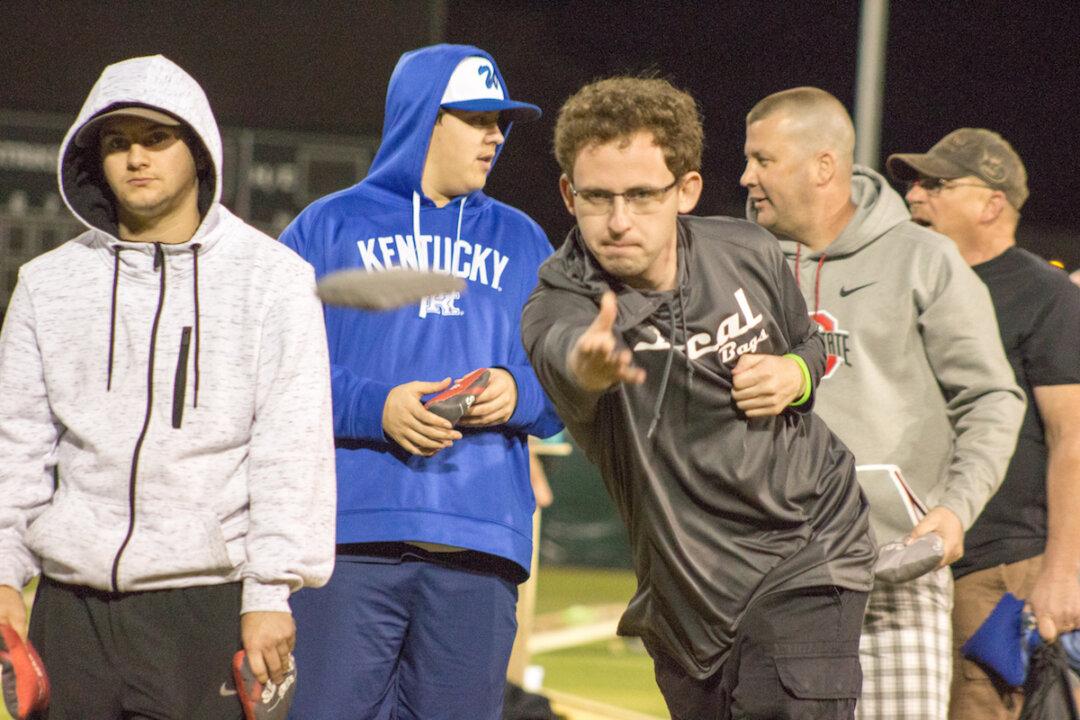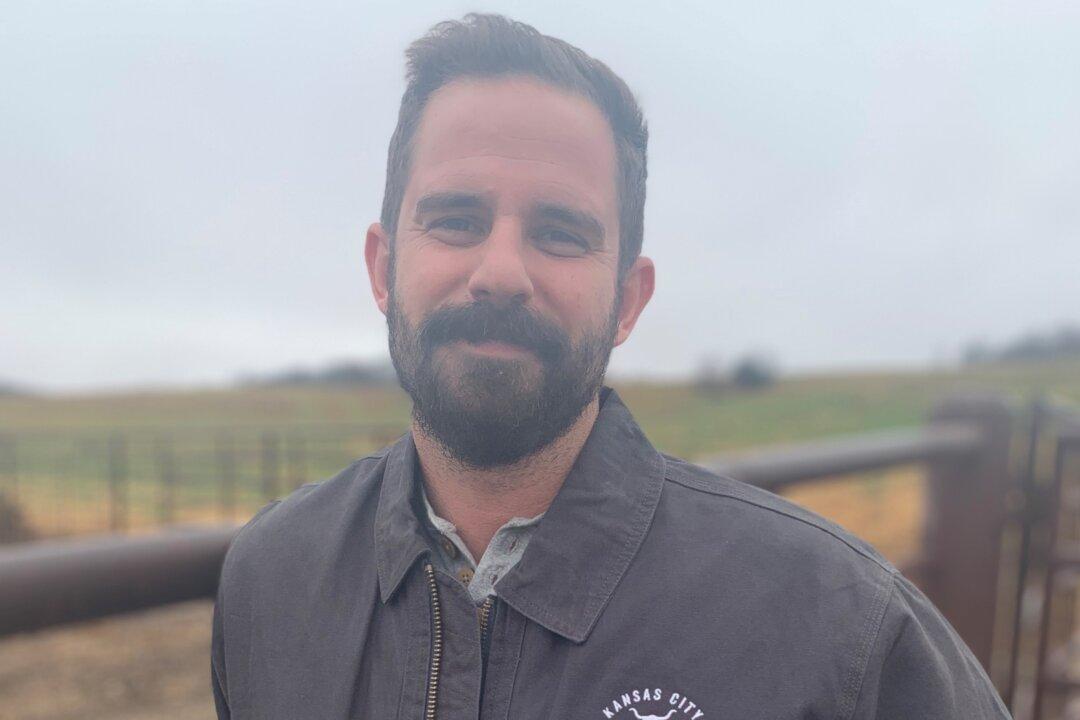Most Americans think of cornhole as a game played casually in the backyard or at a tailgate party while sipping on a cold beverage. However, a group of committed enthusiasts have taken the game to the professional level. Welcome to the American Cornhole League.
The Epoch Times had an opportunity to speak with the founder and commissioner of the league, Stacey Moore, media director Trey Ryder, and players Frank Modlin and Cody Henderson about the origins of the league, the rules of the game, and future of the sport.






